As the new home of Folio Nigeria, a subsidiary of Folio Media, Open Country Mag is republishing culture stories that first appeared on the site under its CNN affiliation. This story was first published in 2020.
Oladele Albert Ogbeyemi grew up around his father’s mechanic shop in Lagos, where scrap metal was abundant. His first love was art and soon he found a middle ground: metal art. In school, at the tail of his teenage years, he took part in exhibitions, contests, and talent hunts. For one of them, organized by the National Gallery of Art in 2008, he created with a mix of materials three female figurines of Yoruba, Igbo, and Hausa origins.
After his ND in Art and Industrial Design at Lagos State Polytechnic and his HND in Metal Sculpture at Yaba College of Technology, Ogbeyemi undertook what would become his breakout project: a lavish redesign of a Mazda 323 that, in September 2020, went viral on social media.
“My father inspired me through my choice of material,” Ogbeyemi tells me. His father used to sell the metal scraps to scavengers, but he stopped when Ogbeyemi developed the idea to use them. Ogbeyemi began to frequent his father’s colleagues’ shops for more scrap metal, and then scrap yards, where he bought them at N200 per kilo. The Mazda consumed 200 kilos.
Then came the pandemic. “Because of the lockdown, I was able to think widely and have quiet time. That isolation period helped me execute projects.”
The Mazda redesign is one of new eye-catching projects by a wave of young Nigerian experimental sculptors who have found a niche in repurposed metal art. They include Dotun Popoola, who has redefined his work from hybrid sculpture to synergetic sculpture; Collins Abinoro Akporode, whose sculptures are made of spoons; and Kelly Omodamwen, the 27-year-old Benin-based artist who sculpts with sparkplugs.
Like Ogbeyemi, Omodamwen took inspiration from family. “Basically, I was born in the studio,” he tells me. His grandfather is a member of the exclusive 30-family cult tasked with maintaining bronze artworks in the Palace of the Oba of Benin. And so, naturally, his first serious medium was bronze.
It was in 2017, in the final year of his ND in Sculpture at Auchi Polytechnic, preparing for his project, that he had the idea to use sparkplugs. “I went into research,” he tells me. “Everybody had been adding it to their metal sculpture. If someone could attach sparkplugs to metal, why couldn’t I create a whole piece from sparkplugs?”
He collected used sparkplugs from mechanic shops and sculpted a bust of a bull. The project panel approved it and Omodamwen set about sculpting a full bull: a 9-feet mass of 9,000 sparkplugs. The animal now stands in the school garden.
“It took me about a year to get up to 9,000 pieces,” Omodamwen says. “It was tough, I had to walk from one mechanic to the next, one street to the next. I walked around Benin that year. Then I got to meet some dealers. One had over 4,000 pieces for me at a time. I asked him why he had been saving; he said his instinct told him to keep it, that someone might need it. After I presented it in school, people I looked up to, including lecturers, came and said to me, How did you do this?”
Auchi Polytechnic has a history with metal artists. “Auchi builds metallists,” Omodamwen says. “There’s this thing among us wanting to do trademarks. There’s always a challenge of who will do the latest; what can you produce that no one else can’t?”
But for Ogbeyemi, sculpting presented a different challenge. It took him six months to finish the Mazda; he’d bought the vehicle for N350,000, using his National Youth Service savings, and did the installation in two months. The core work, though, the research, the idea, had taken four years to develop.
“My love for animals inspired the Mazda — if you look around the work, you’ll see different kinds of animals,” he explains. “I’ve done so many animals — chicken, dogs, cows, rabbits, birds, monkeys. The animals in my surroundings, they talk to me. My environment has always inspired me.”
Some designs on the Mazda are arranged like music notes because, he says, “Music is attached to my art. I play guitar, drums. I don’t want to leave behind anything I have passion for.”
Ogbeyemi’s current project is a meeting of the animate and the musical, buttressed by his intuition as a painter (his ND project was a landscape painting of the school’s medical centre). “What I’m creating now, I’m using animals to represent human nature. Pussy cat playing violin, dog playing saxophone.”
He calls his brand of metal sculpting META (My Experimental Technique Approach) art. It is different from the works of his influences: the Americans John Lopez and Leo Sewell, and the Nigerian Odogwu Fidelis of Universal Studios, under whom he apprenticed for six years while studying and running his own studio.
Omodamwen, on the other hand, has been influenced by only Nigerians. They include his contemporaries Popoola and Akporode, as well as Steve Ekpenisi. Presently, he operates his studio under a bigger one, Edo Global. He has finished his second major project, a Yoruba drummer, and is completing his third, a ram. Each “takes me three to four months, unless I prioritize,” he says. “I have some young guys assisting me and I’m putting them through.”
Passion is at the root of it all for Ogbeyemi. “If you don’t have passion, I don’t think one can take that risk of building that Mazda. Car makers keep improving but in little details. The joy, the pleasure I derive in it, [is that] I want to create something that nobody else has. No other person has that version of what I’ve created. I want it to be unique.”
Omodamwen would agree. “Everybody needs to carve a niche for themselves,” he says. “As artists, we do that by creating something new, moving from conventional materials. My philosophy is that your medium is your voice. For people to listen, you need a unique voice. That’s the drive that keeps art evolving.” ♦
If you love what you just read, please consider making a PayPal donation to enable us to publish more like it.
More Stories from Folio Nigeria Via Open Country Mag
— The Women Weavers of Akwete
— Intissar Bashr-Kurfi Is Collecting Nylon to Save the Environment
— A 17-Year-Old’s Hyper-realistic Portraits in Charcoal
— Against Sexism, Female Photographers Push Back with Skill
— How Taaoma‘s Comedy Skits Made Her a Social Media Phenomenon
No One Covers African Literature, Nollywood, & Culture Like Open Country Mag
— Cover Story, December 2020: How Tsitsi Dangarembga, with Her Trilogy of Zimbabwe, Overcame
— With God’s Children Are Little Broken Things, Arinze Ifeakandu Garners Breakout Acclaim
— “Friendship, to Me, Is What Saves One’s Sanity”: Wole Soyinka
— Awaiting Trial: Families of SARS Victims Speak in Devastating Documentary
— The Making of Mami Wata, Nigeria’s First Film to Premiere at Sundance
— How Dakore Egbuson and Tony Okungbowa Traverse Trauma in YE!
— Cover Story, December 2022: Chinelo Okparanta, Gentle Defier
— African Comics Cross into Literature
— Sillerman Prize Winner Tares Oburumu on Surviving Life and Writing Poetry
— Awaiting Trial: Families of SARS Victims Speak in Devastating Documentary
— The Making of Mami Wata, Nigeria’s First Film to Premiere at Sundance
— How Dakore Egbuson and Tony Okungbowa Traverse Trauma in YE!
— Writing Omo Ghetto: The Saga, Nollywood’s Highest Grossing Film of All-Time
— Country Love Depicts Tenderness in LGBTQ Lives




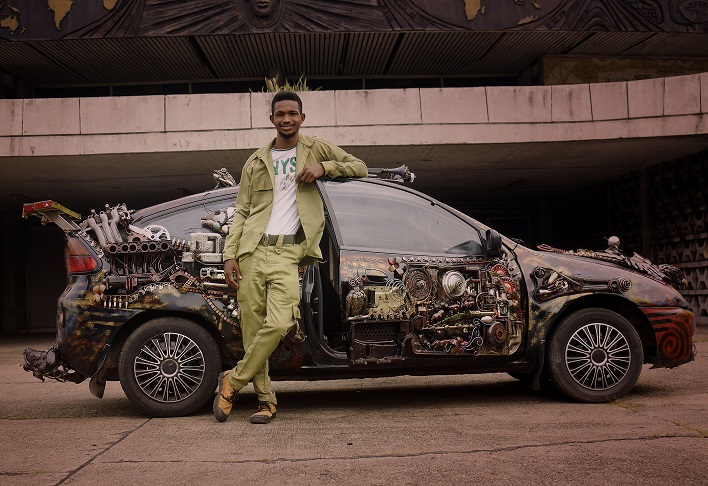

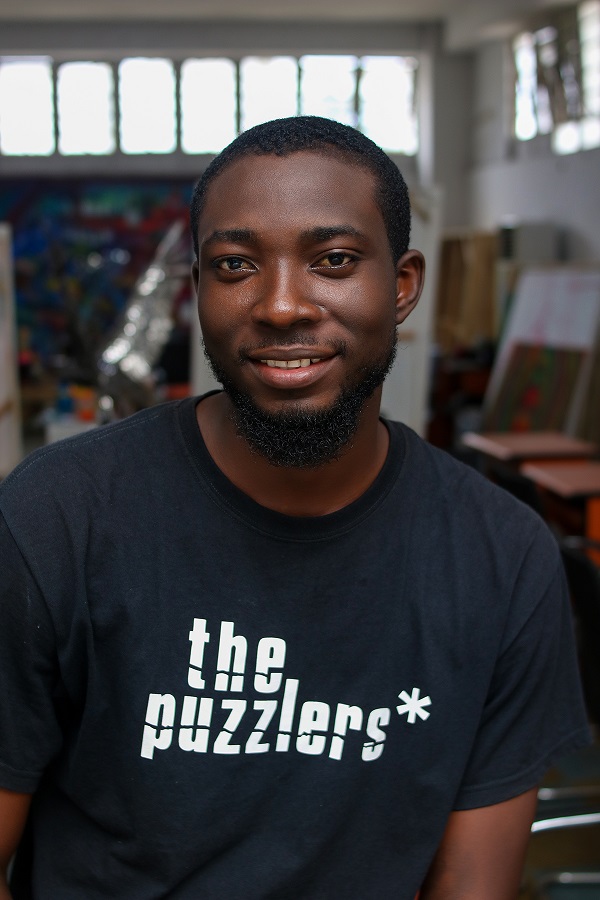
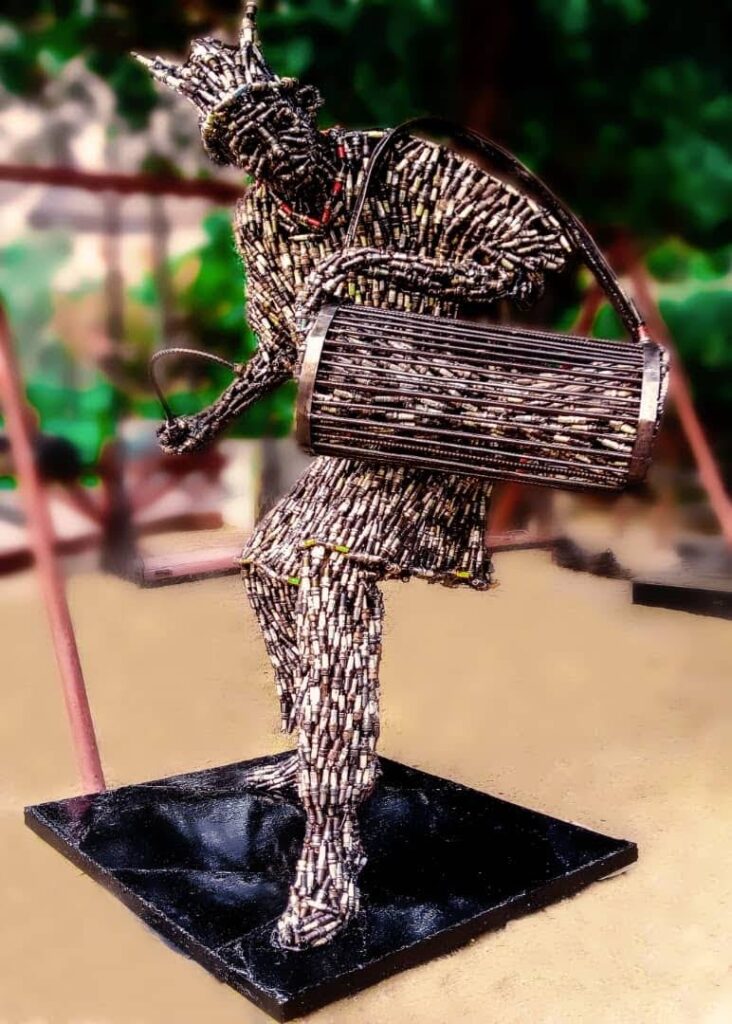
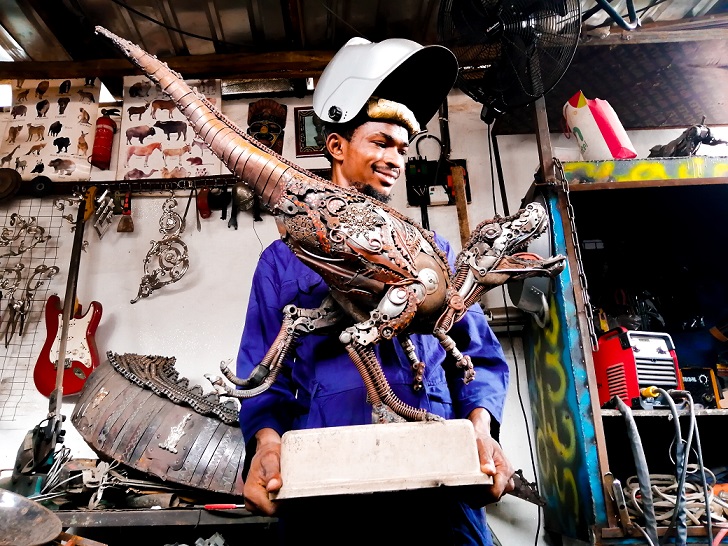
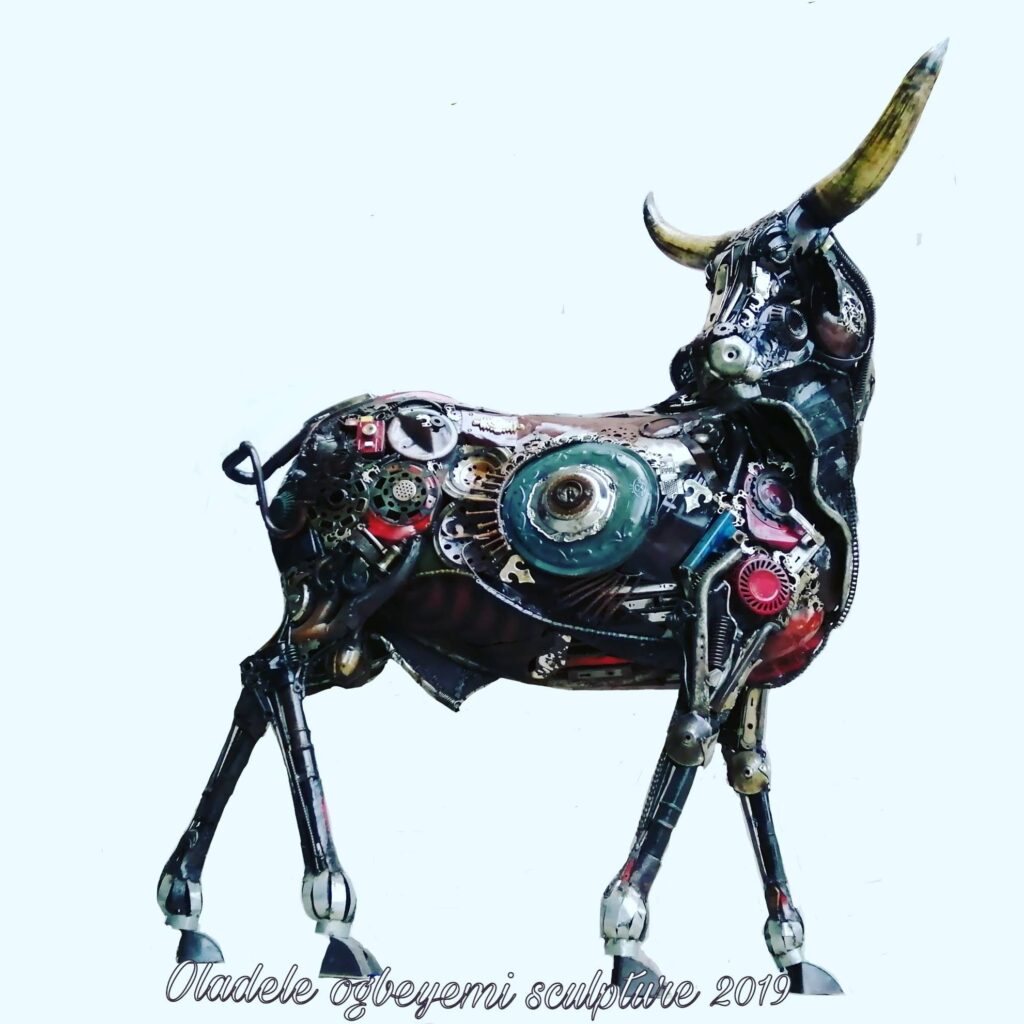
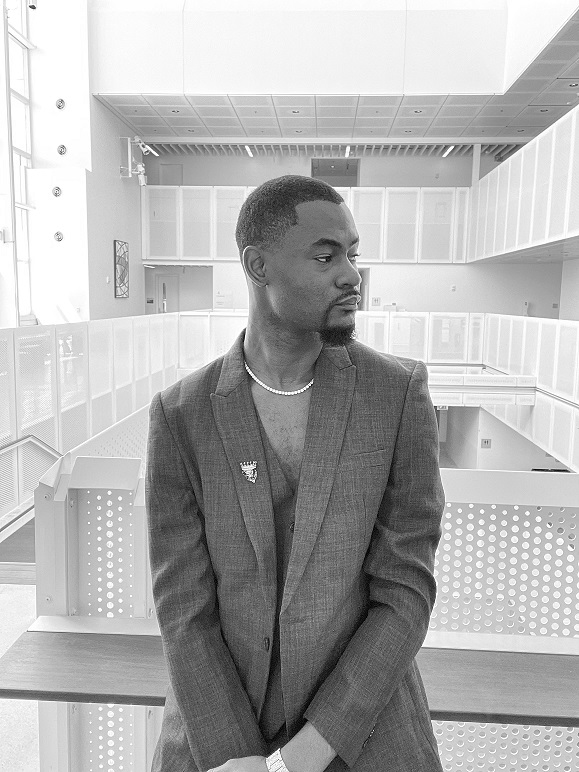
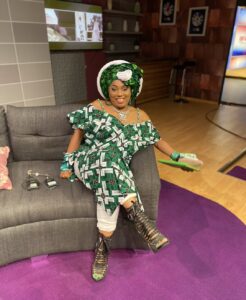
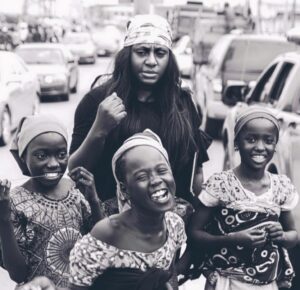
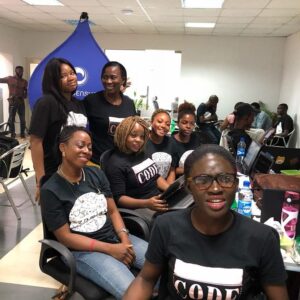
3 Responses
Hi
I am Cameroonian.
Could you build a bust from a picture for me ?
And what would be the price ?
Can you do stàtue of my parent
I am interested in sculpturing a relative.